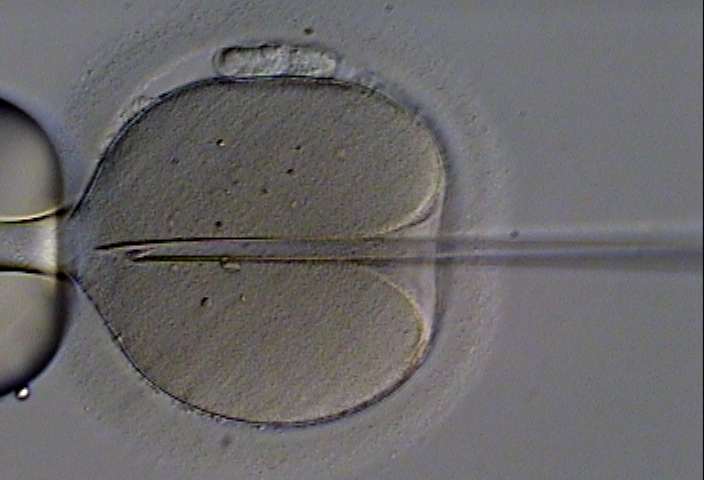Genome editing of human embryos broadens ethics discussions
By Françoise Baylis,
The Conversation
| 10. 01. 2017
For several years, scientists have experimented on human embryos with a powerful genome editing tool called CRISPR to see if they could correct genetic errors or reduce the risk of disease. In September, Kathy Niakan at the Francis Crick Institute in London and her colleagues reported they had used this tool on human embryos for a very different purpose — to better understand human development.
The use of CRISPR (pronounced “crisper”) to modify human embryos has prompted a healthy debate on the ethics of human genetic technologies. This tool is controversial, in part, because changes that are made to the embryo could be passed down to future generations. Niakan’s recent research is novel, and less ethically fraught than some other genome-editing research.
Research labs around the world are using CRISPR to selectively insert, delete or replace DNA with far greater precision and at a lower cost than other genome-editing techniques. Since 2015, five reports have detailed its use in human embryos to correct disease-causing mutations or create resistance to infectious disease.
Scientists have modified the genes responsible for β-thalassemia (an...
Related Articles
By Julia Métraux, Mother Jones | 02.10.2026
Why was Jeffrey Epstein obsessed with genes? In the latest tranche of Epstein records and emails made available by the Department of Justice, themes of genes, genetics, and IQ—alongside more explicit threads of white supremacy—keep cropping up, often adjacent to Epstein’s...
By Teddy Rosenbluth, The New York Times | 02.09.2026
Dr. Mehmet Oz has urged Americans to get vaccinated against measles, one of the strongest endorsements of the vaccine yet from a top health official in the Trump administration, which has repeatedly undermined confidence in vaccine safety.
Dr. Oz, the...
By Ava Kofman, The New Yorker | 02.09.2026
1. The Surrogates
In the delicate jargon of the fertility industry, a woman who carries a child for someone else is said to be going on a “journey.” Kayla Elliott began hers in February, 2024, not long after she posted...
By Alex Polyakov, The Conversation | 02.09.2026
Prospective parents are being marketed genetic tests that claim to predict which IVF embryo will grow into the tallest, smartest or healthiest child.
But these tests cannot deliver what they promise. The benefits are likely minimal, while the risks to...




